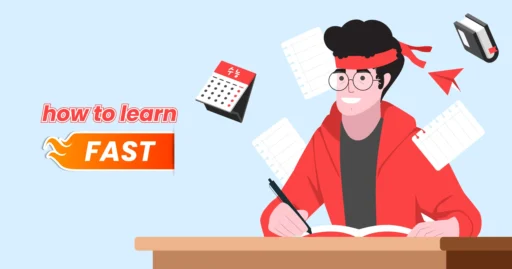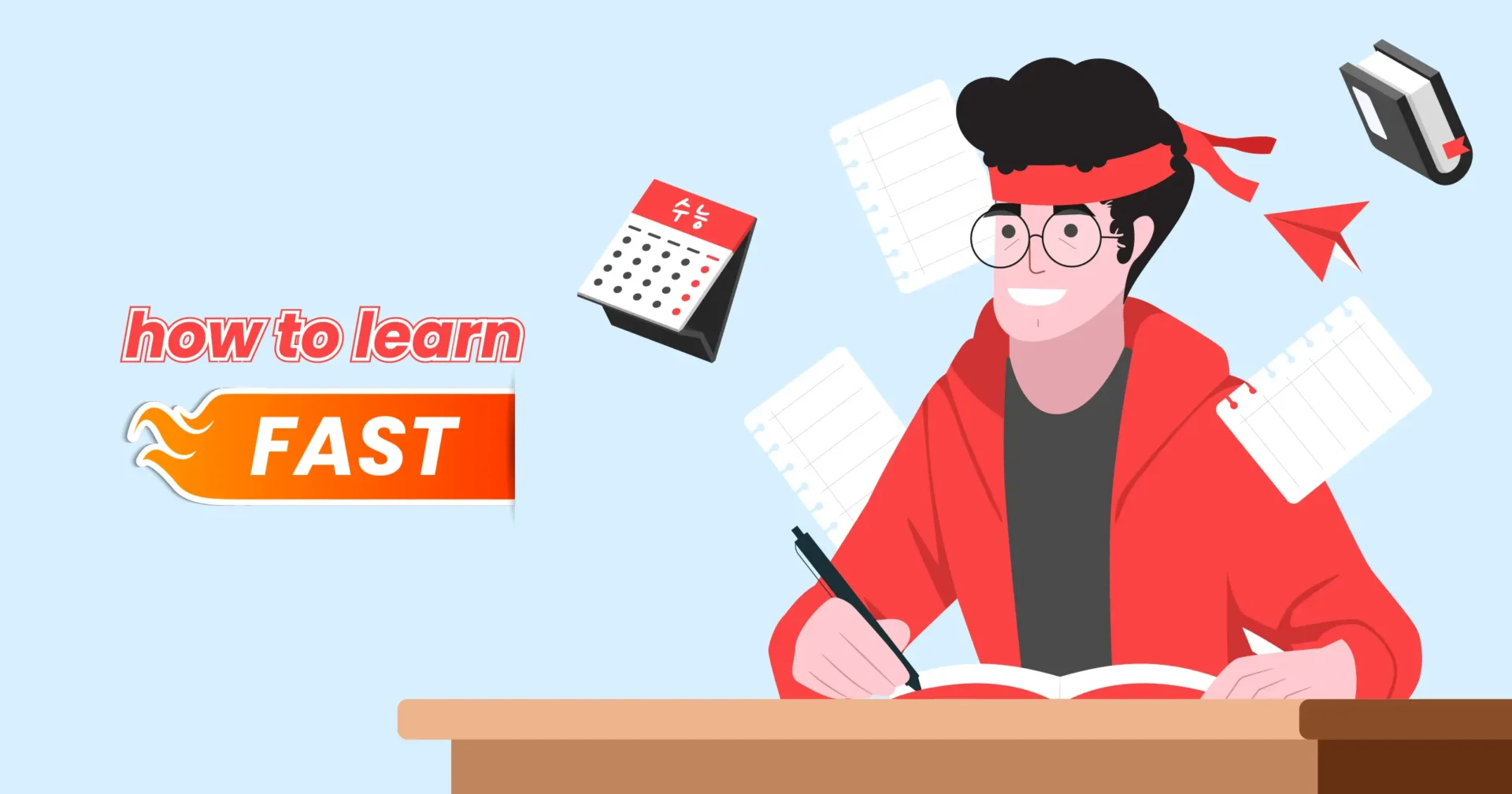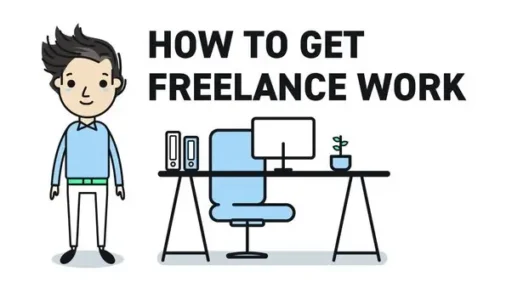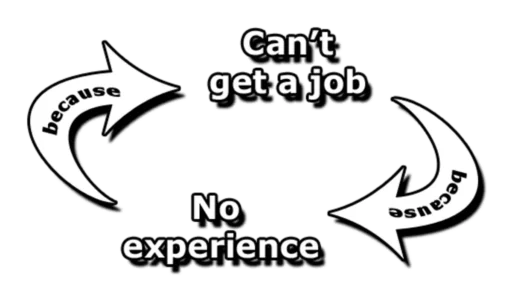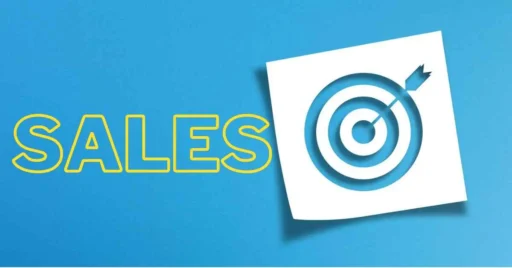Learning quickly and efficiently is a skill that can significantly impact your personal and professional life. When I first started writing on Quora, one of my posts only got 354 views. But just a few months later, another post garnered 539,900 views, 11,200 upvotes, and was published by Inc, Forbes, and Fortune. One of the keys to my success has been the ability to learn faster. Here are my top 10 tips for learning more effectively.
1.Ingest Information in Multiple Ways
A study by Judy Willis in 2008 found that the more regions of the brain that store data about a subject, the more interconnection there is. This means learning through various methods can help solidify your understanding. For example, if you’re learning Spanish, use:

- Flashcards
- Writing exercises
- YouTube videos
- Audio exercises
- Language learning apps like Duolingo or Busuu
- Practicing with someone in person or over Skype
2.Stay Fit
Exercise can significantly enhance your cognitive abilities. A study published in PLoS One, and covered by the New York Times, involved 81 young women who memorized word pairs after either sitting quietly or riding stationary bikes. The group that exercised performed better. Regular physical activity, like a morning run or circuit training, can clear your mind and improve your learning capacity.
3.Learn by Experience

Practice makes perfect. When I first started writing, my posts didn’t gain much traction. But after writing over 50 posts and starting my own blog, I’ve amassed over 2.4 million views. Similarly, Richard Branson started Virgin Airlines without prior experience in the airline industry. By diving in and learning from experience, he built one of the top airlines in the world.
4.Stay Focused on One Task at a Time
Research at Stanford shows that focusing on a single task is more productive than multitasking. Frequent multitaskers often have trouble organizing their thoughts and filtering out irrelevant information. By staying laser-focused on one task, you can enhance your efficiency and performance.
5.Constantly Test Yourself
Testing yourself regularly can reinforce your learning. Whether through role plays, flashcards, or practice exams, testing helps you prepare for real-life applications and ensures you truly understand the material.
6.Express Yourself
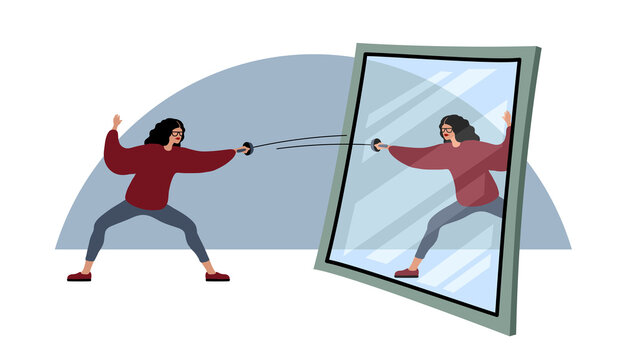
Writing about your fears and worries can actually improve your performance. According to Scientific American, students who wrote about their thoughts before an exam performed better than those who didn’t. Expressing yourself can help manage anxiety and boost your learning.
7.Set Up Incentives
Rewarding yourself can motivate you to learn. Studies show that reward motivation promotes memory formation via dopamine release. After a study session, treat yourself to a short walk, a healthy snack, or a funny video. These small rewards can keep you motivated.
8.Space Out Your Learning
Cramming for exams might help you pass, but you won’t retain the information long-term. A study by Nicholas Cepeda shows that periodically reviewing information is more effective than cramming. Space out your learning sessions to improve retention.
9.Get Enough Sleep
Adequate sleep is crucial for learning and memory. Despite the culture of wearing sleep deprivation as a badge of honor, numerous studies show that sufficient sleep helps you learn faster and enhances memory. Prioritize your sleep to boost your learning efficiency.
10.Take Regular Breaks
Continuous work without breaks can lead to burnout and reduced productivity. Studies have shown that taking regular breaks can boost productivity and improve focus. I usually work intensely for 30 minutes and then take a 5-minute break to meditate or enjoy a green smoothie. These breaks help me stay energized and ready to tackle my tasks.

Learning is one of the most rewarding experiences we can have. It gives us a sense of accomplishment, momentum, and passion. By applying these tips, you can enhance your learning ability and achieve your goals more effectively.
Hopefully, this post helped you learn something today. 😉
And yes, that’s officially the first emoticon I’ve ever used in a Quora post. #There’sAFirstForEverything
For further reading, check out these resources on effective learning techniques and cognitive enhancement through exercise.
